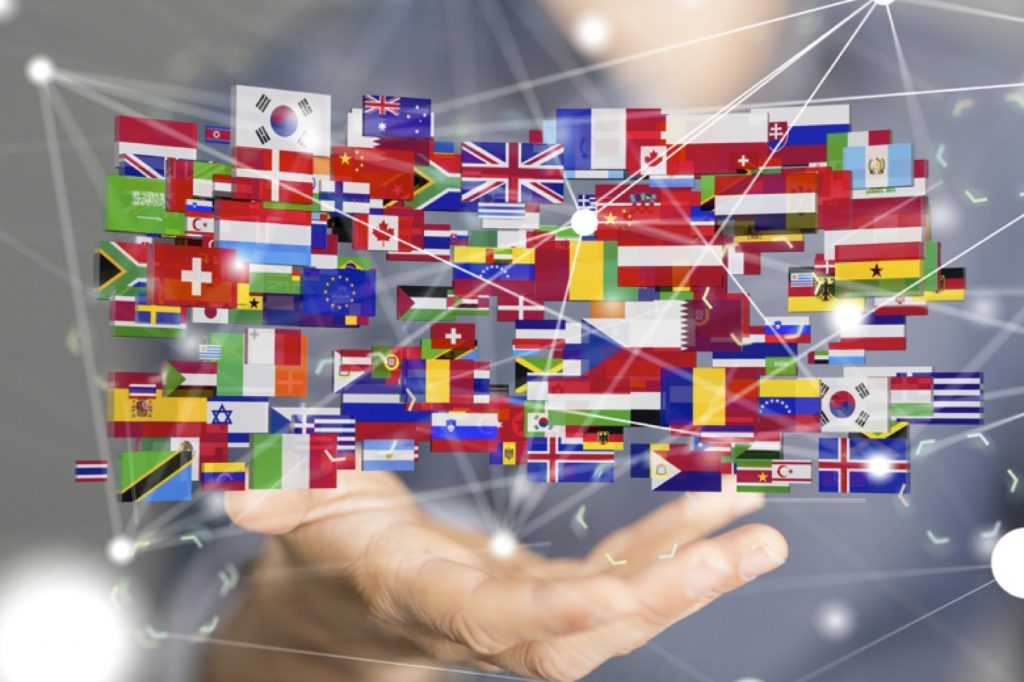Respect Goes a Long Way When Entering New Markets
Author: Salvador Ordorica, CEO, The Spanish Group
There’s a staggering $115 trillion of global opportunity in 2025.
And international expansion is seen as key for long-term growth, according to WellsFargo, “with emerging markets providing the greatest opportunities.”

Branching out into another community or state can be daunting, let alone going outside of the U.S.
Where does an entrepreneur even start?
For entrepreneurs and startups looking to expand beyond U.S. borders, start with the same basics:
Build strong, loyal customer bases
Small businesses often have the agility to adapt quickly to cultural and linguistic nuances. Unlike larger corporations, they can personalize their approach to align with a specific market’s traditions and preferences.
For example, a small boutique exporting goods to Italy might tailor its messaging to align with local customs, such as celebrating Ferragosto, a major holiday in August. This flexibility allows small businesses to build strong, loyal customer bases.
Build relationships organically
Relying on authenticity and cultural sensitivity can lead to stronger partnerships and market penetration. Understanding a trading partner’s culture goes beyond communication; it fosters trust and respect.
For example, in Middle Eastern countries, understanding the importance of hospitality—like accepting coffee or tea during negotiations—can solidify relationships.
Understand your new market
Beyond the demographics, get to know everything that could impact your expansion into a new country.
For example, in China, understanding the symbolic importance of numbers can influence negotiations and product launches: the numeral 8 signifies wealth; the numeral 4 is associated with death.
Understand the local language
Here, you can’t rely on an AI translation app, because every region has its own unique idioms that work within certain contexts.
In Brazil, for example, the phrase “empurrar com a barriga” (to procrastinate) might be used in casual business conversations to explain project delays. But the literal translation of the phrase is “to push with your belly.”
Recognizing such idioms improves clarity and prevents misunderstandings.
Invest in localization
Partner with trained and certified linguistics professionals to ensure that your branding and other communications are culturally appropriate.
For example, a marketing campaign in English that uses humor may completely miss its mark in a country where that style of humor isn’t appreciated.
Start learning the language
Even if you can’t speak it well, the mere act of trying to speak the local language signals a desire to connect on a deeper level. And your effort can pay off in important ways.
For example, in Japan, business relationships thrive on “nemawashi” (building consensus), where speaking even basic Japanese can make interactions more collaborative. Translation tools, though useful, cannot replicate this interpersonal value.
Keep going
A key driver of successful international expansion is the ability to communicate and connect across cultures and languages.
It isn’t a one-time effort. Entrepreneurs need to view it as an ongoing process to adapt and thrive in dynamic markets. Engaging with local communities and respecting cultural heritage is essential for building sustainable global relationships.
Cultural knowledge signals respect, reduces friction, and can even open doors to opportunities otherwise overlooked. Understanding the language, idioms, and cultural traditions of a trading partner fosters the trust and respect that’s critical when establishing a brand presence in a new region.
About the Author
Salvador Ordorica is the founder and CEO of The Spanish Group LLC, an INC 5000 recognized enterprise offering certified translations in 123 languages globally. He is fluent in English, French, and Spanish and is learning Mandarin Chinese and Portuguese. He graduated cum laude with dual bachelor degrees in Political Science and International Affairs from the University of California Irvine, and has studied at Universidad Complutense de Madrid in Spain and Institut d’études politiques de Paris. He is an active member of honor society Phi Beta Kappa and a frequent traveler.

